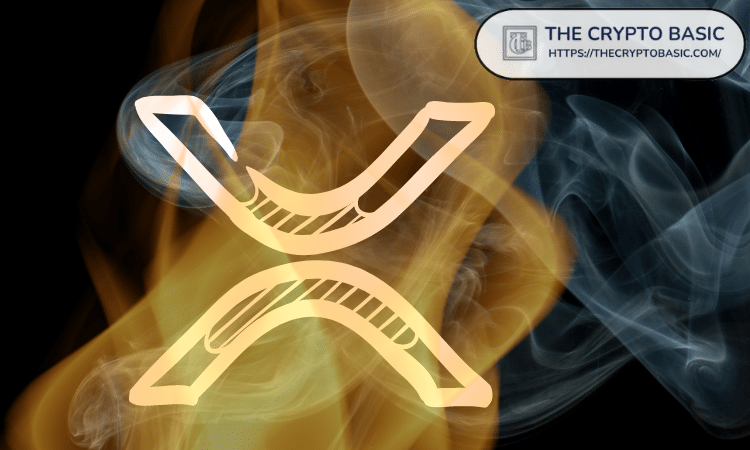According to David Schwartz, nodes can choose to accept changes made by validators on the escrowed XRP tokens owned by Ripple, but they can not be forced to do so.
David Schwartz, the CTO of Ripple, recently revealed the extent of decentralization on the XRP Ledger (XRPL) in terms of governance voting. According to Schwartz, nodes on the XRPL can choose to accept or decline amendments voted into effect by validators, especially regarding the escrowed XRP owned by Ripple.
Schwartz, who is among the first engineers to develop the XRP Ledger, highlighted this in an attempt to address claims of centralization purportedly native to the XRPL.
An XRP community member claimed that the XRPL would be a permissioned network if validators on the network could dictate what happens to the XRP in escrow. The individual was referring to a recent disclosure from Matt Hamilton, a former Ripple director, in which he revealed that Ripple could burn all the escrowed XRP tokens.
As previously reported by The Crypto Basic, Hamilton’s remarks resurrected previous comments from Schwartz, who disclosed in December 2020 that the majority of validators on the XRPL, about 80%, can vote to have the XRP on Ripple’s escrow accounts burned. The community member in question believes this would make the XRPL centralized.
However, in response to his claims, Hamilton confirmed that validators could vote to amend the supply and emphasized that this modus operandi is native to all permissionless and decentralized systems.
To share more insight, Schwartz highlighted that if validators vote to make an amendment, the amendment would be implemented in a code, and nodes can choose to run the updated code or not, essentially accepting or rejecting the amendment. “Every node operator would have to make an active choice to accept the rules change,” he said.
To be clear, they would only change it for nodes who ran code that supported that amendment and kept those validators in their UNL. Every node operator would have to make an active choice to accept the rules change. 1/2
— David "JoelKatz" Schwartz (@JoelKatz) May 15, 2023
Schwartz stressed that validators could not force node operators to run the code that contains the amendment. He revealed: “Validators cannot force nodes to accept rules changes because rules are enforced by the code each node chooses to run. If you don’t agree with a validator, it just counts against the 80% threshold.”
DisClamier: This content is informational and should not be considered financial advice. The views expressed in this article may include the author's personal opinions and do not reflect The Crypto Basic opinion. Readers are encouraged to do thorough research before making any investment decisions. The Crypto Basic is not responsible for any financial losses.



